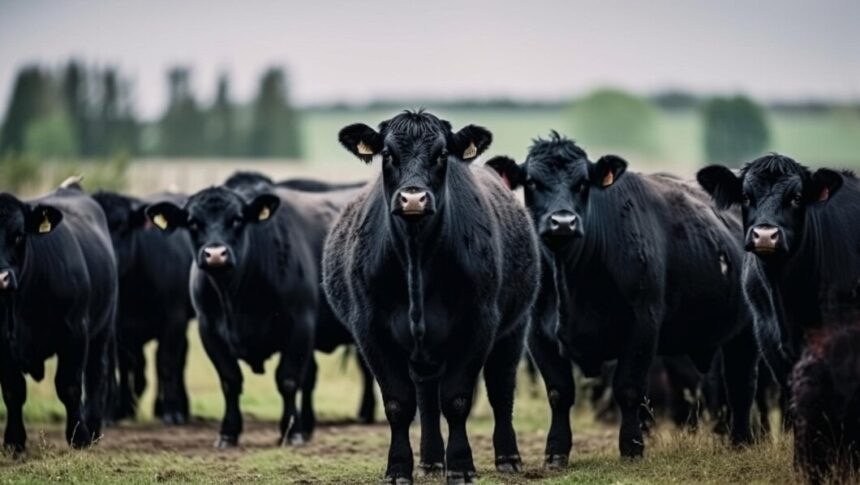Angus cattle, renowned for their superior meat quality and adaptability, have gained prominence in South Africa’s livestock industry. Breeding and farming Angus cattle require a nuanced understanding of their characteristics and the unique agricultural landscape. In this article, we delve into 10 essential aspects of breeding and farming Angus cattle in South Africa.
1. Adaptability to South African Conditions:
Angus cattle exhibit remarkable adaptability to various climates, making them well-suited for South Africa’s diverse environments. From the heat of the Lowveld to the cooler regions of the Cape, Angus cattle thrive, showcasing their versatility.
2. Superior Meat Quality:
Angus cattle are celebrated for their marbled, tender beef. Known for its exceptional taste and juiciness, Angus beef commands a premium in the market, making Angus farming a lucrative venture for those focused on quality meat production.
3. Calving Ease:
Angus cows are known for their excellent maternal instincts and relatively easy calving. This calving ease contributes to a higher survival rate of calves, easing the workload for farmers and promoting a healthier herd.
4. Efficient Feed Conversion:
Angus cattle are recognized for their efficient feed conversion, turning forage into high-quality meat with optimal efficiency. This characteristic is particularly beneficial in regions with varying pasture quality.
5. Heritage of Genetics:
The Angus breed has a rich history of carefully managed genetics. Selective breeding practices have resulted in a breed that consistently produces cattle with desirable traits, ensuring a legacy of quality in each generation.
6. Breed Associations and Standards:
In South Africa, Angus cattle are regulated by breed associations that uphold stringent standards. Familiarizing yourself with these standards is crucial for maintaining the integrity of Angus genetics and ensuring the breed’s continued success.
7. Grass-Fed Angus Beef Trend:
With a growing global preference for grass-fed beef, Angus cattle align well with this trend. South African farmers are increasingly capitalizing on the market demand for grass-fed Angus beef, emphasizing the breed’s ability to thrive on pasture-based diets.
8. Health and Disease Resistance:
Angus cattle generally exhibit robust health and disease resistance. However, proactive herd health management, including vaccinations and parasite control, is essential to maintain a thriving Angus herd.
9. Market Demand and Premium Prices:
The reputation of Angus beef has created a consistent demand in both local and international markets. Farmers focusing on Angus breeding can often command premium prices for their cattle, reflecting the quality associated with the breed.
10. Investment in Infrastructure and Facilities:
Successful Angus farming requires investment in appropriate infrastructure. Adequate fencing, handling facilities, and efficient pasture management are essential components of a well-run Angus farm.
Breeding and farming Angus cattle in South Africa offer a rewarding venture for those seeking quality meat production and a resilient livestock breed. The Angus advantage lies not only in the breed’s adaptability but also in the premium prices associated with its superior meat quality. By understanding the nuances of Angus cattle management, South African farmers can contribute to the legacy of this exceptional breed while thriving in a competitive agricultural landscape.
Join 'Farmers Mag' WhatsApp Channel
Get the latest Farming news and tips delivered straight to your WhatsApp
CLICK HERE TO JOIN






